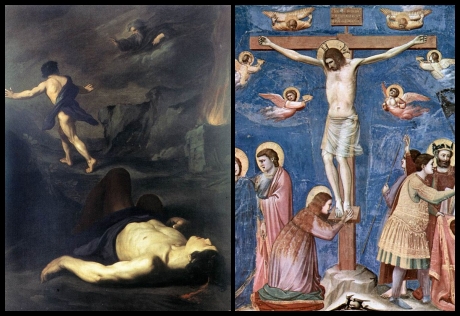WHY CLAUDIUS GOES UNNAMED EXCEPT IN STAGE DIRECTION (part 16, Claudius series)

CLAUDIUS UNNAMED: Why – at the end of the reign of Elizabeth I – would Shakespeare have characters in Hamlet be silent regarding the king’s name, in a play involving an “incestuous marriage” in which the king marries his older brother’s widow? Some things could not be named. In the minds of audiences, the incestuous marriage would seem uncomfortably close to the first marriage of Henry VIII. For similar reasons, Richard II could not include the deposition scene when first published [1], and Shakespeare’s collaboration with John Fletcher on Henry VIII was not written or enacted until 1613 [2]. Why? Censorship, fear, and tact. Everyone knew that - Henry VIII, Elizabeth’s father, had married his older brother’s widow, and later divorced her, claiming it an incestuous marriage… - and that Elizabeth was sometimes called a “bastard queen”: Henry and Anne Boleyn had conceived Elizabeth out of wedlock; Elizabeth was born only three months after a secret marriage, making her ineligible in th...






